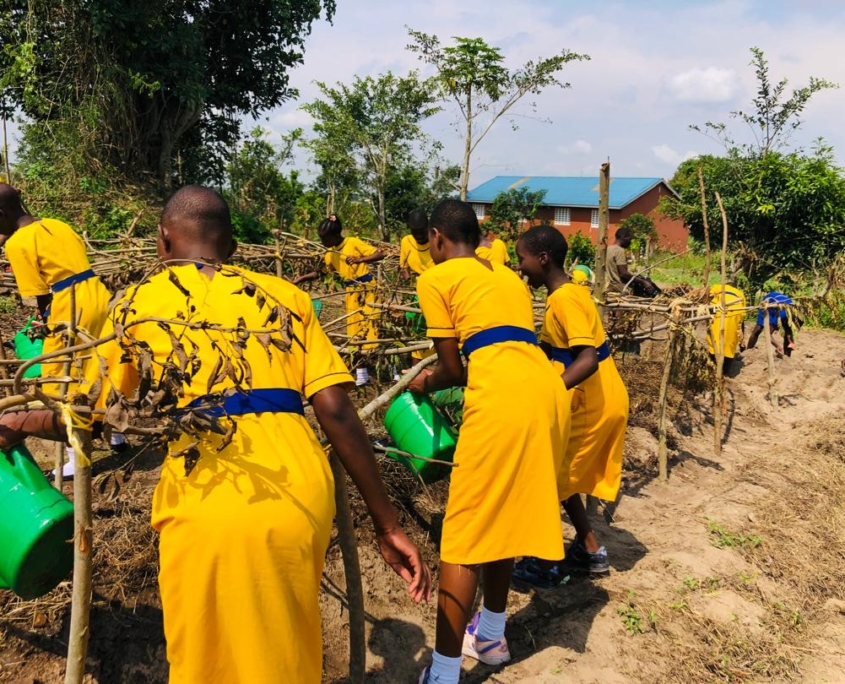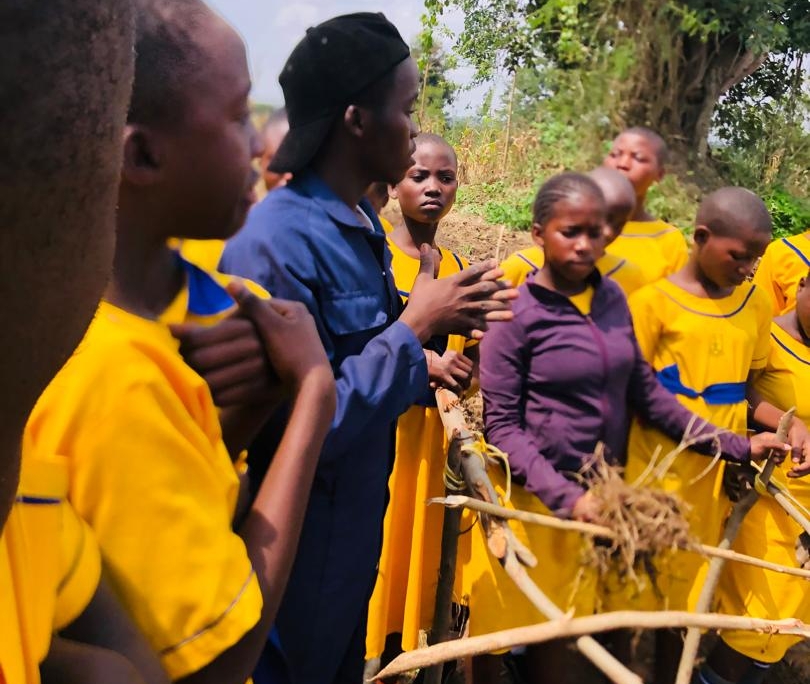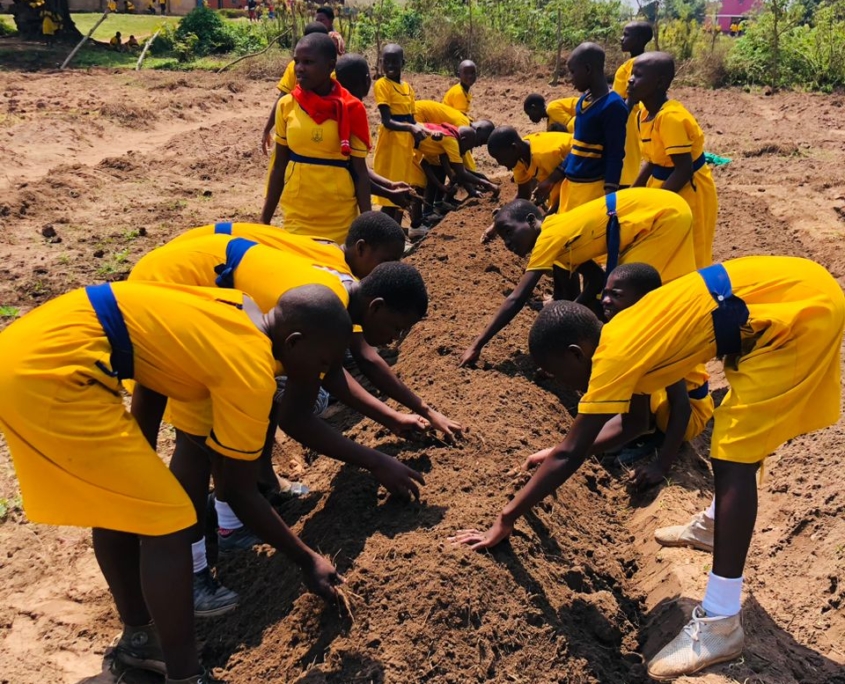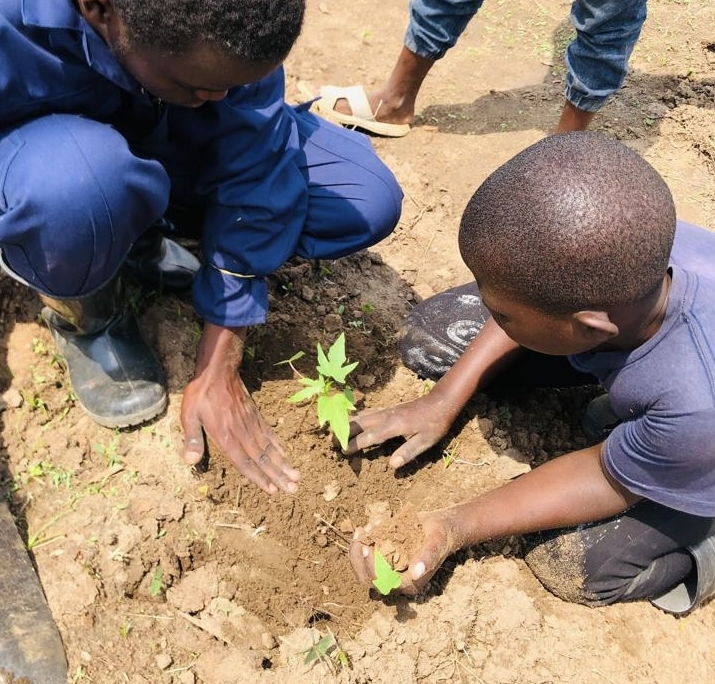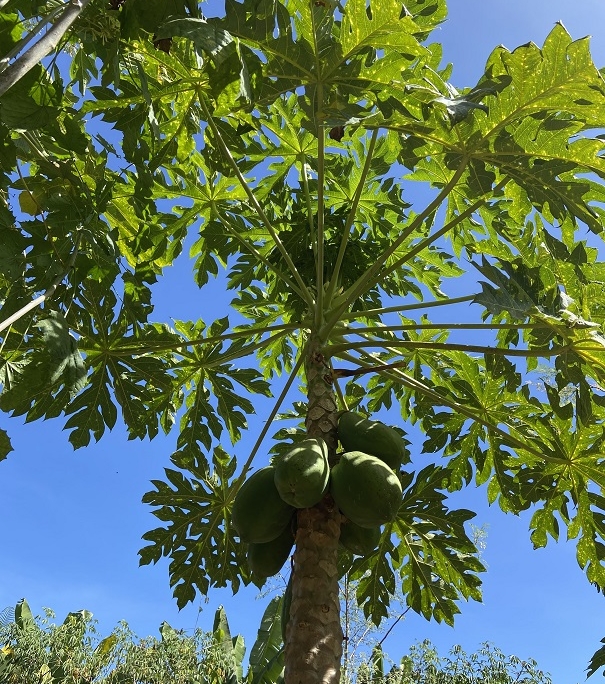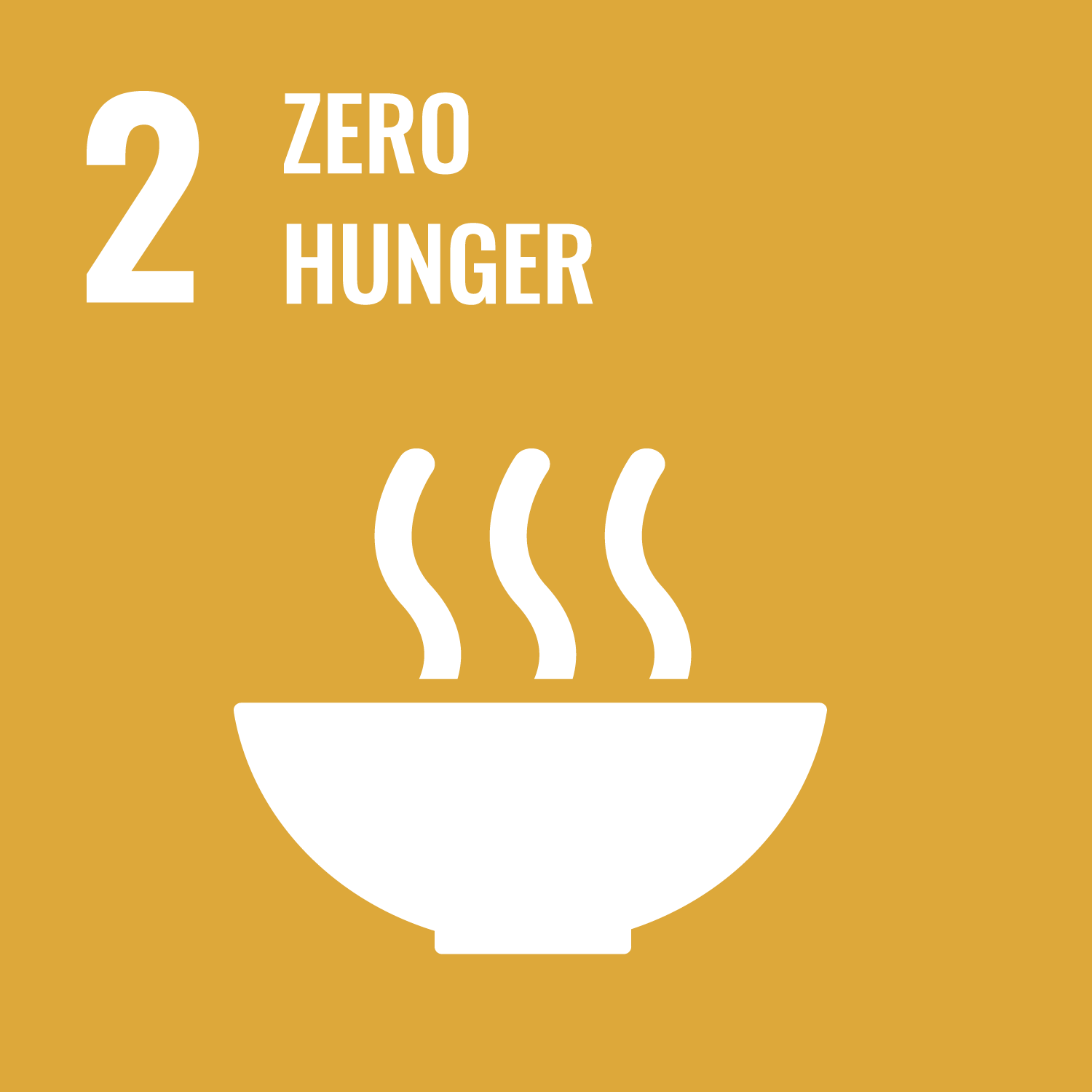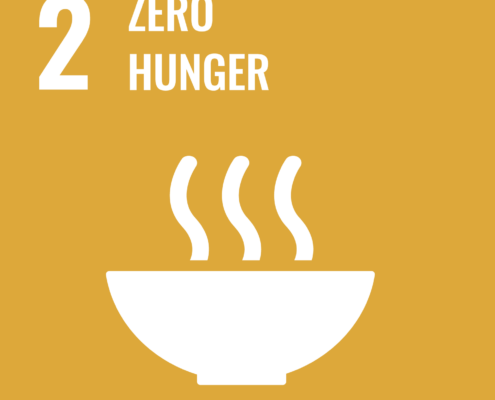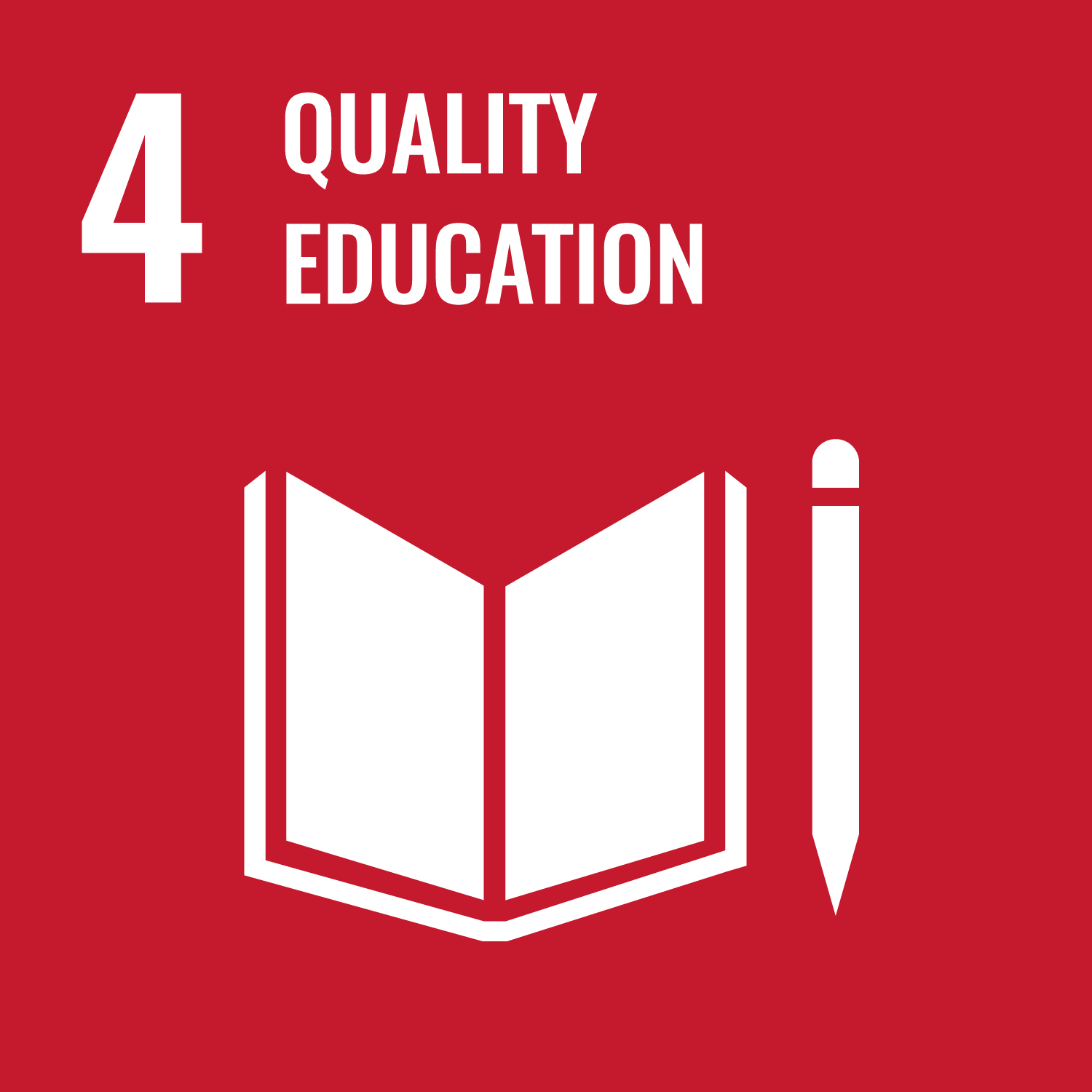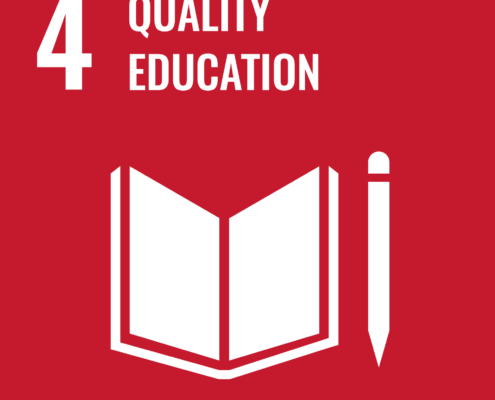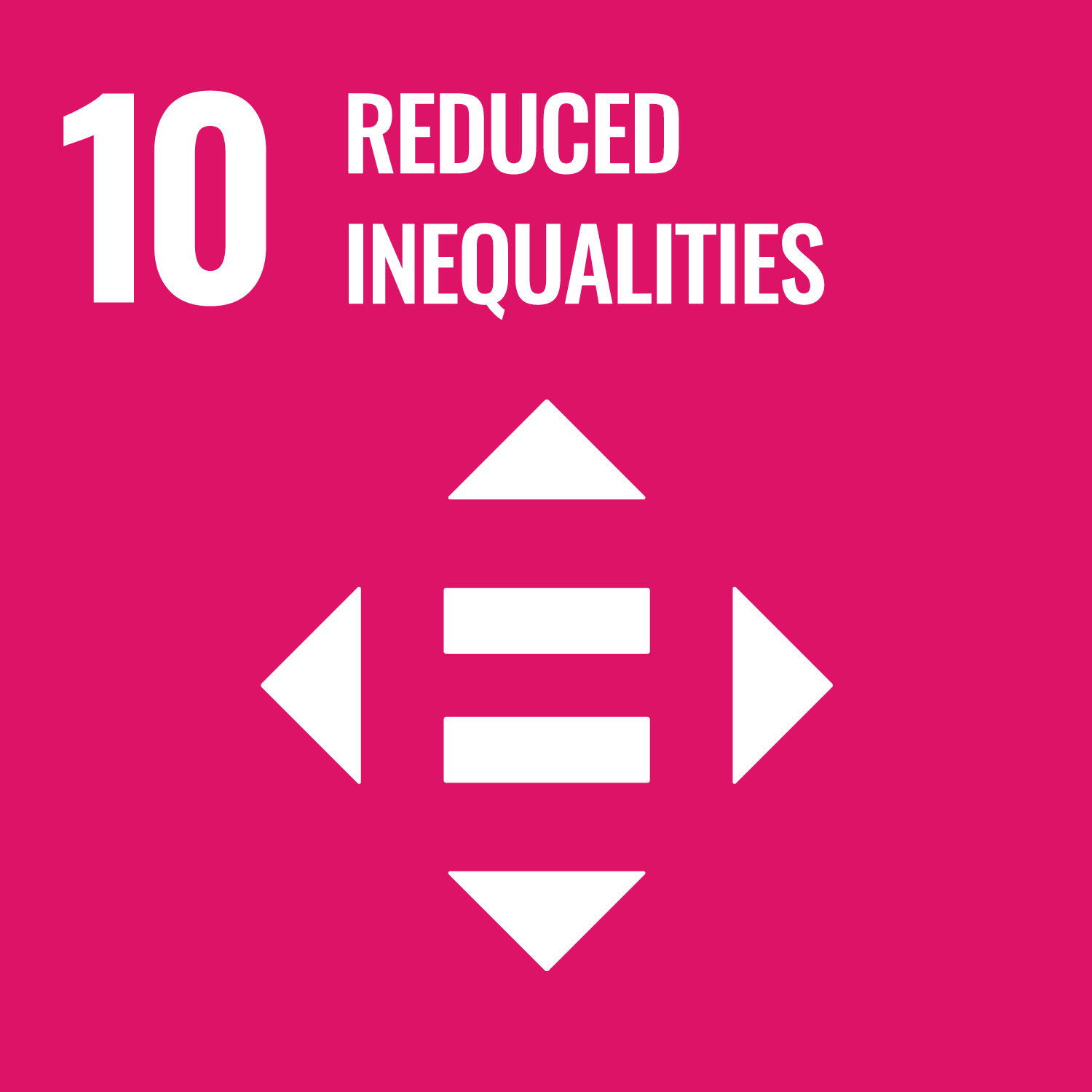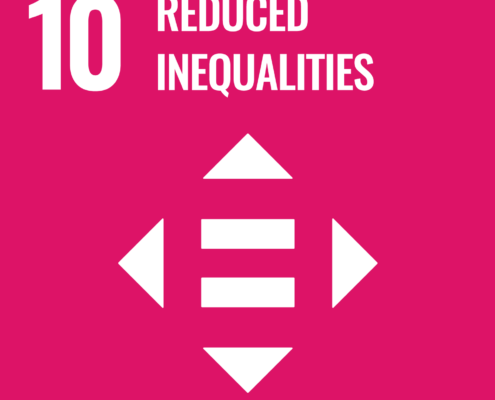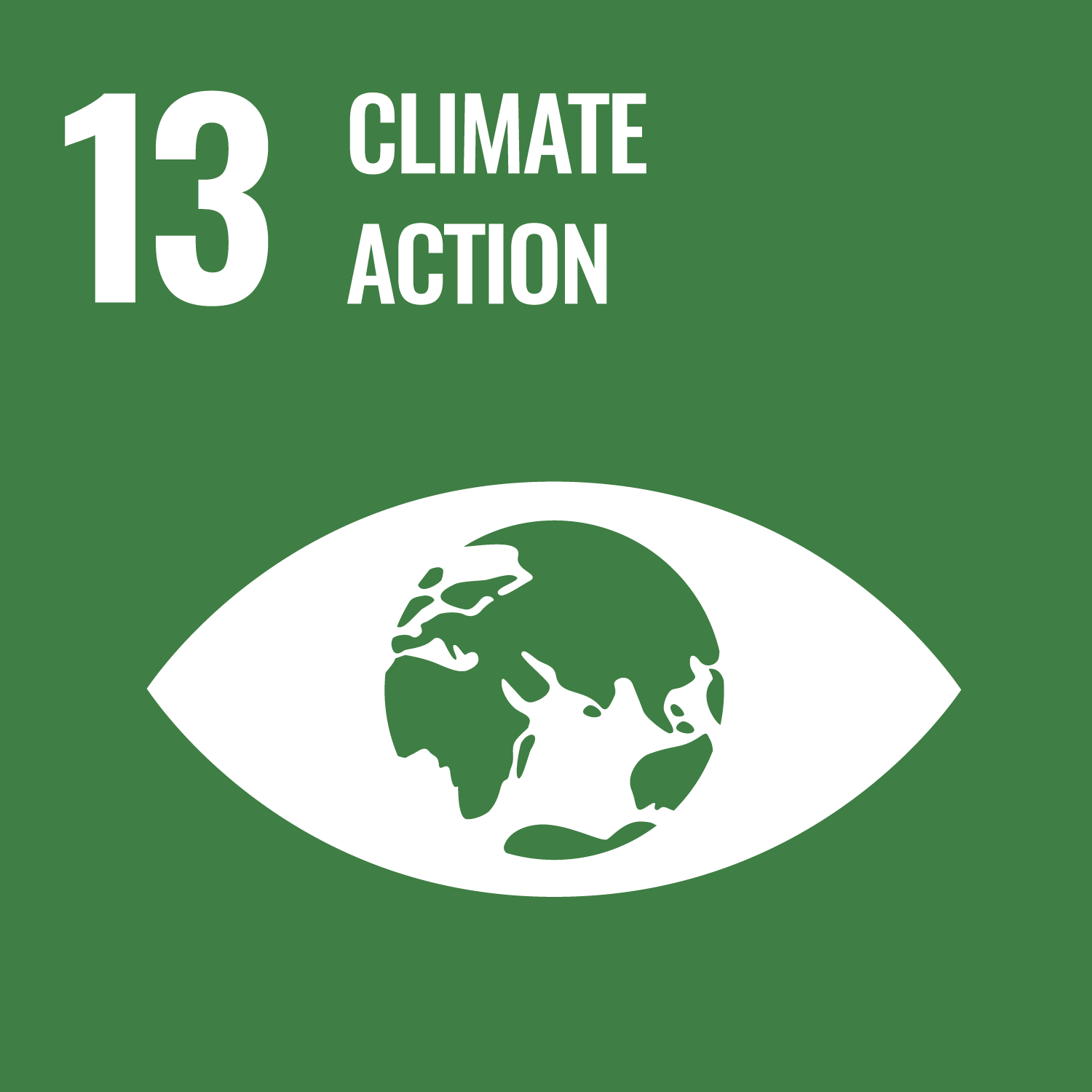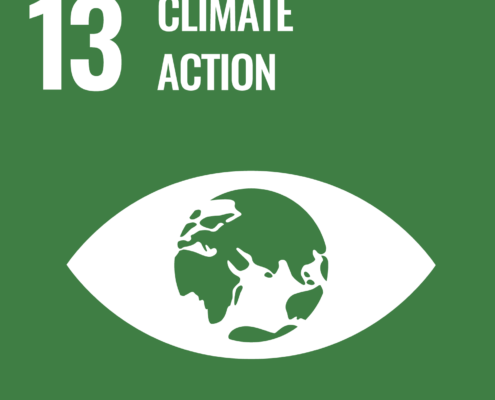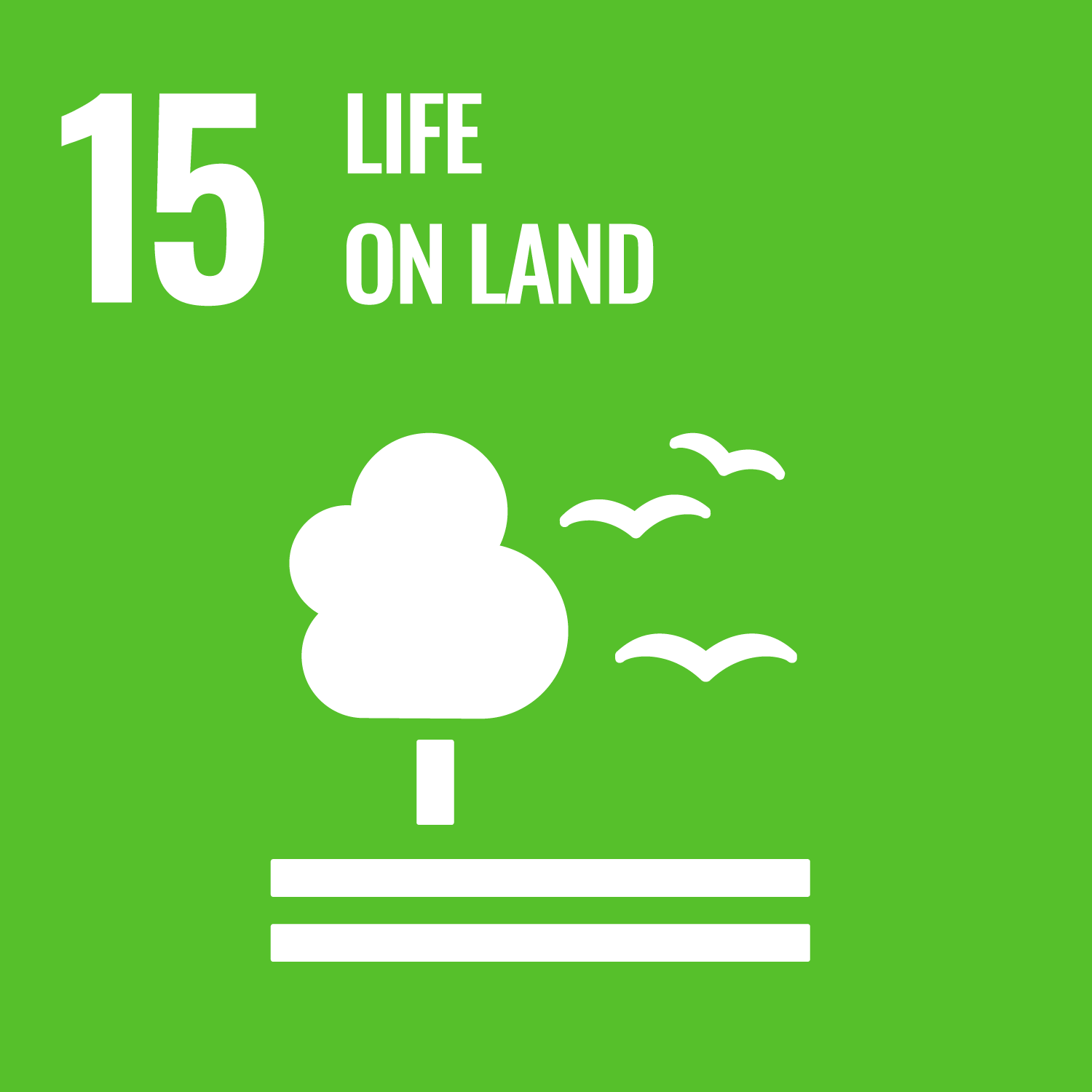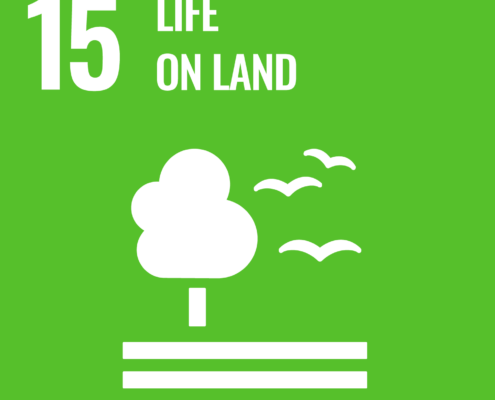Planting and Growing! – School garden and inclusive education for Nakalama Primary School, Uganda
Gardening helps disadvantaged children to find new paths in life
In this project, pupils in great need are building a school garden in the primary school in the community of Nakalama in Uganda. They experience how to create beds, sow vegetables and plant and care for young fruit trees. The children will also learn how to provide themselves with healthy food, and education on healthy eating will be part of the project. In addition, the pupils will be playfully familiarised with how to develop their own business idea and encouraged to pursue their ideas – and to walk their own way and build something of their own despite the hurdles they face in their everyday lives. The project is aimed at those children most affected by poverty and hardship in the community of Nakalama in Uganda, in particular girls from marginalised families and children and young people with disabilities.
All educational programmes are being developed together with the school, and the teachers are trained to continue them in the long term. Furthermore, the school garden will be maintained as a permanent part of the school’s educational programme.
Stiftung WissenWecken has shaped this project together with the local partner organisation Kasale Foundation Uganda and is implementing it together with them. Kasale Foundation Uganda is a registered non-profit organisation founded by the local community of Nakavule. Their aim is to create access to quality education for children living in particular poverty or with disabilities, and to help more young people in Uganda look confidently towards a future that they can shape themselves.
We would like to thank our sponsors:
- The Berlin Counsil of Children for a Better Wolrd (CHILDREN Kinderbeirat Berlin)
- Nikolaus-Gormsen-Stiftung
This project contributes in particular to the following Sustainable Development Goals:
The project is aimed at achieving the following impact:

